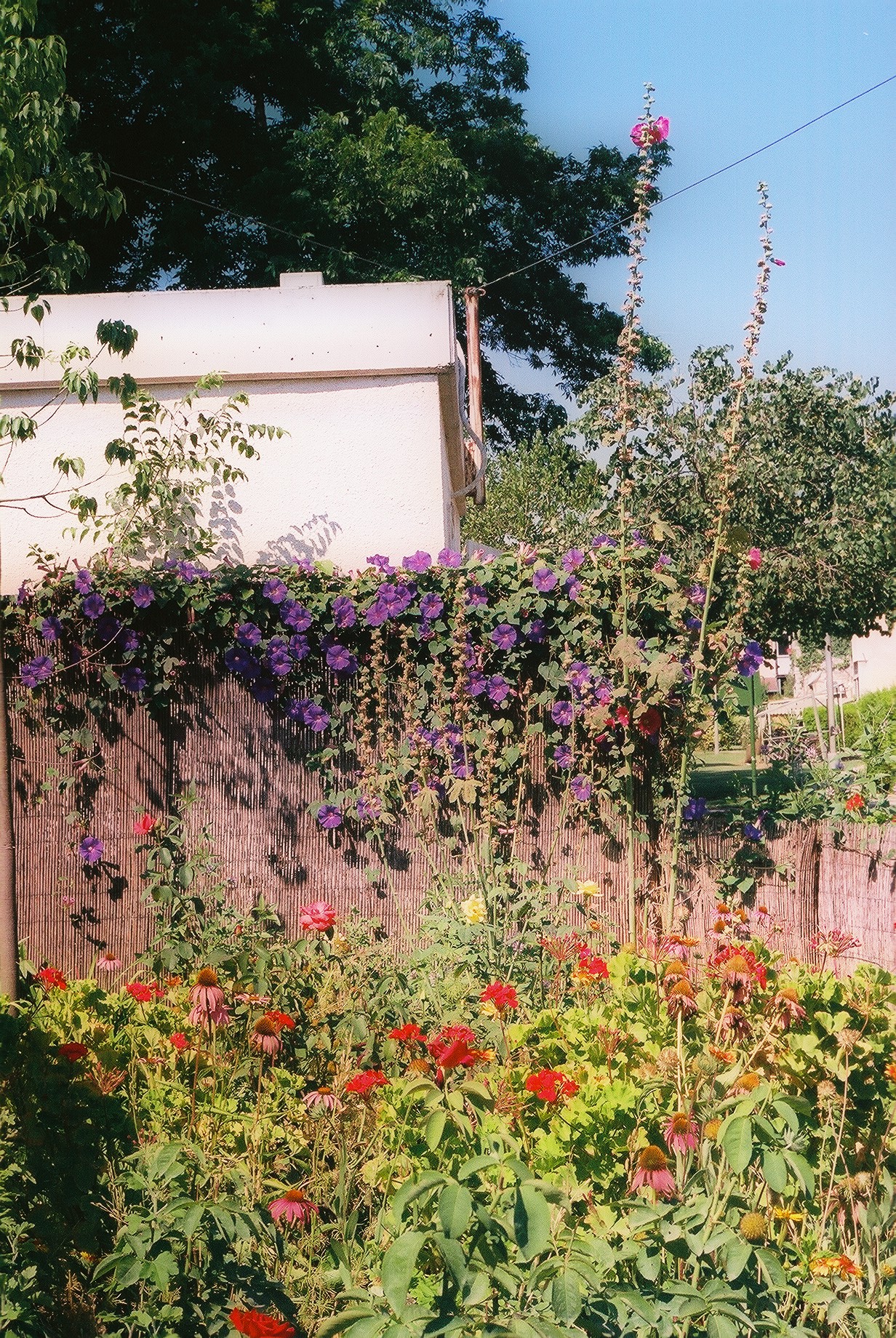I found that my grandma died as I was sitting in a room surrounded by Palestinians sharing their personal stories about losing their homes in 1948.
Nakba day is coming up, and at this important juncture in historical narratives, we gathered, 50 people, in a room to honor their stories. Each person who spoke began by situating themselves and their families by a chain of names. My father was….son of….daughter of….mother of…from the village of….They held onto these names as tightly as the heartbeats that continue to pump the blood through their veins.
My grandmother, Judy Bloom-Criden, daughter of Jacob Mirviss, was born in Connecticut, not in a village in the Galilee. And yet on Friday that is where she will be buried: in the Hula valley under the shadow of the Mt. Hermon with the only tiny sliver of snow to be found in this country. She was an English teacher, and taught almost everyone on the Kibbutz and their kids how to swim. She played the flute. She made a killer chocolate cake from some crazy combination of vinegar and cocoa. She moved here in the 1970s, following the death of her husband. Her sister had already lived in the Negev for almost twenty years; her parents had also recently made the permanent pilgrimage to the desert. I asked her once, under the gaze of a painting of klezmer musicians, why she came to Israel. “It’s the home of the Jewish people,” she said. Full stop.
Tonight I heard about memories that have been passed down. I heard the Arabic names of villages that remain the roots of identity. I heard about houses abandoned with bread on the table and a threat of war, never to be returned to again. Of families scattered around the world, to Britain, Syria, Lebanon, Saudi Arabia, the United States, Kuwait. Of the weight that this generation still carries: the shame their parents felt at losing the war, the dried up spring of the village where they once lived, the pain when facing policies that take away citizenship and residency in the blink of an eye. Of the new generation who is rediscovering their family’s history, reclaiming the word Palestine, and even educating their parents about a catastrophe they never were supposed to learn about. We sat and listened to personal stories, empathized, and grieved together.
I remember when I was just beginning to discover this country as an adult, I visited her at the Kibbutz. Her dementia had already set in pretty strong. She would buy a sack of flour at the mini-mart each time she went, forgetting that she had already replaced it. She sat staring at the hollyhocks in her garden for hours. I sat with her. She continued to hoard soaps from the hotel at the kibbutz in case she needed shampoo. Slippers emblazoned with "Kfar Blum Hotel" too. Yet every morning, without fail, she got on her bike, pedaled to the pool, and then swam ten, fifteen, twenty Olympic laps. The pain of old age and creaking joints and forgotten memories disappeared as she glided through the water.
Grief is such a human emotion. It is a pain that carries generations of stories, of homeland, of identity. It can define who we are, where we have been, where we are going.
I was up north this weekend, saying goodbye to her. As I was gazing out of the bus window on my way back to Jerusalem, I was jolted from my blank-eyed reverie. The entire highway was lined for miles by wild pink hollyhocks, bouncing in the wind.

